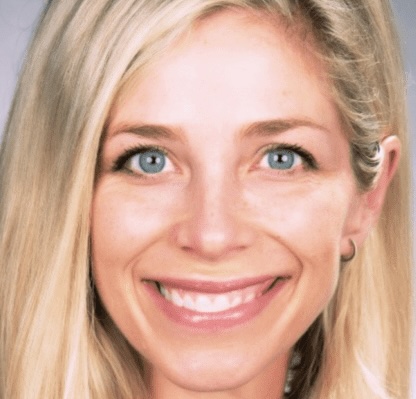I’m Sober. Why Do I Still Hate Myself?







Once making the decision to get sober, many of us assume the rest is downhill. We’ve created these unrealistic expectations about sobriety in our heads and convinced ourselves that life is going to be easy from here on out.
Seldom is this the case, however, as we soon find out.
First Step
Sobriety opens the door to a whirlwind of emotions; to feelings and insecurities that have been numbed and closed off for years. Now we find them bubbling to the surface, so we’re forced to look them in the eye and deal with them directly rather than find a way to escape them.
You can finally see how much destruction your past actions and addictive behavior have caused yourself and others. But while this realization can bring clarity, it can also bring a host of other negative emotions: shame, guilt and, most of all, self-hatred.
Accepting the Past
Hating yourself and your addiction is common in the initial stages of recovery. Whether it’s reliving past behavior towards a loved one or focusing on all the regret your addiction caused, self-hatred can eat you up inside. It’s essential, then, to acknowledge this powerful emotion, rather than keeping it buried deep and bottled up.
The longer you conceal this feeling, the more toxic it will become for you, thus causing a more intense degree of self-loathing. If not dealt with properly, these feelings can eventually manifest into physical problems and can also precipitate a relapse.
Letting Go of Hate
So, what can you do to battle feelings of self-hatred? First, recognize them for what they are: remnants from the past. Something that has no basis in the present and that no longer defines the person you’re today in recovery.
Also, being actively involved in recovery is imperative, and twelve-step meetings are a powerful tool in helping to alleviate the hatred you feel towards yourself. Talking it out to those who’ve experienced the same feelings will help you down the path to self-forgiveness. Making amends to others, as well as giving back to the community, are other ways to boost self-worth and lessen feelings of ill-will towards yourself.
Remember, before healing can begin, hatred must go. It’s necessary to be kind to yourself, because if you don’t love yourself first, no one else is going to, either.
Start Your Recovery Journey
If you’re ready to find addiction treatment for yourself or a loved one, we’re here to help. Browse top medical detox centers in the US, inpatient addiction treatment facilities, aftercare options, and more to start on the path to recovery. You can search for rehab by insurance carrier, location, amenities, and more for free. Don’t wait. Get help today.
Our Promise
How Is Recovery.com Different?
We believe everyone deserves access to accurate, unbiased information about mental health and recovery. That’s why we have a comprehensive set of treatment providers and don't charge for inclusion. Any center that meets our criteria can list for free. We do not and have never accepted fees for referring someone to a particular center. Providers who advertise with us must be verified by our Research Team and we clearly mark their status as advertisers.
Our goal is to help you choose the best path for your recovery. That begins with information you can trust.













